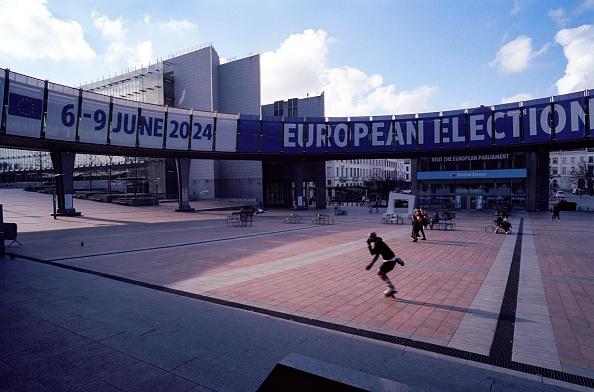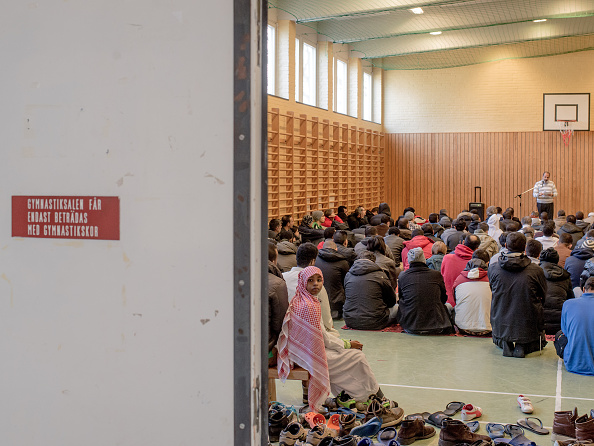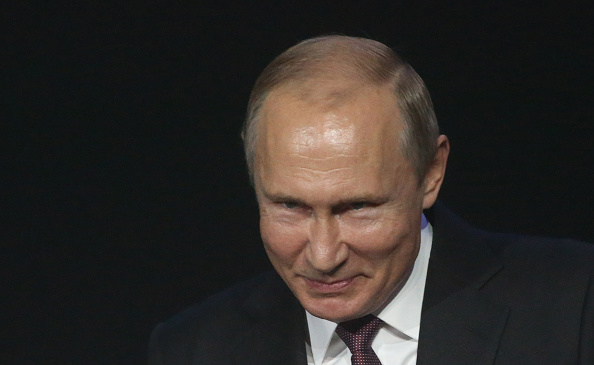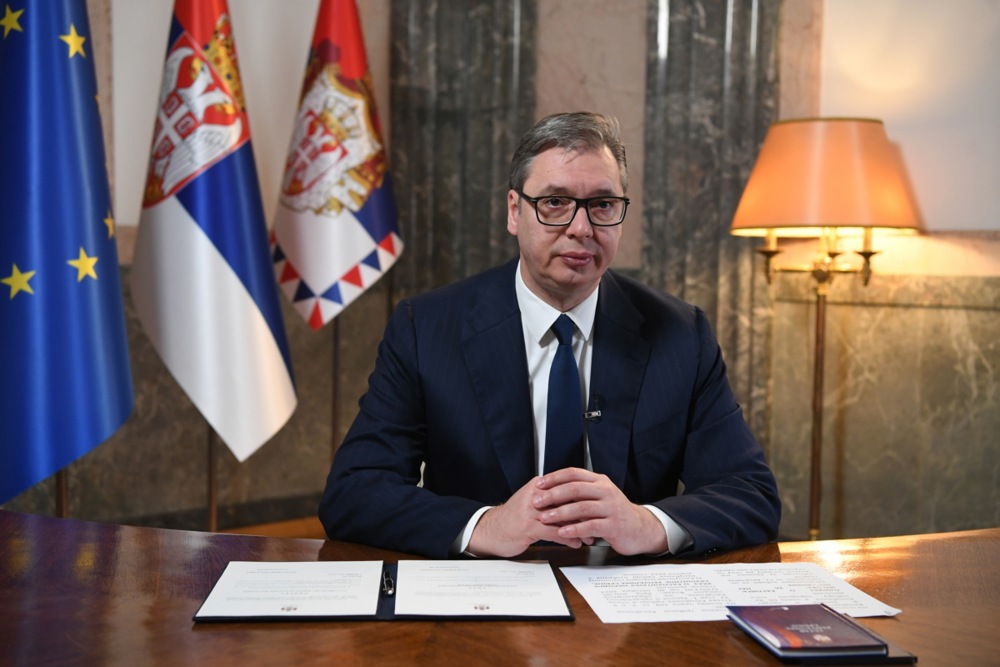Croatia’s upcoming elections pit a resurgent, Eurosceptic opposition against a governing party increasingly mired in corruption scandals.
Politics being personal, the April 17 vote also sees Prime Minister Andrej Plenković up against President Zoran Milanović, two men who “share a long-standing and infamous hatred”, said Hind Ziane, chief executive of Paris-based political strategist organisation Génération Politique.
“Some rivalries never die,” she noted ahead of the first in Croatia’s bumper year of general, European Parliament and presidential races.
Plenković’s “pro-European Union, pro-Ukraine and pro-NATO” Croatian Democratic Union (HDZ) has been in power “for most of the time since the country became independent in 1991,” pointed out Dimitar Keranov of US think-tank the German Marshall Fund.
Even if the HDZ claims a fourth consecutive general election victory, the result at minimum will weaken Plenković who set out his stall based on an increase in EU funds for public infrastructure spending and salary and pension rises.
Leading the other side is Milanović, whose Social Democratic Party (SDP) heads a Rivers of Justice opposition alliance that polls predict will gain around 24 per cent of the vote to Plenković’s 30 to 32 per cent.
Andrius Tursa, of the advisory firm Tene, said the opposition coalition’s popularity “has been rising in recent weeks, supported by President Zoran Milanovic’s claims in March that he would become the SDP’s prime ministerial candidate if it prevailed”.
Milanović, who was PM from 2011 to 2016, now holds a chiefly ceremonial post. Still, he has taken an increasingly anti-Brussels standpoint in his statements about foreign affairs.
In 2022 he opposed Finland and Sweden joining NATO and has called for the EU and Ukraine to reach a settlement with Russia.
Unusually for a head of state, Milanović said on March 15 he would be the SDP’s candidate for prime minister. Croatia’s Constitutional Court ruled on March 18 he could not be a candidate or actively campaign for the SDP without first resigning as President, a decision he has ignored.
While the opposition Milanović heads is fragmented, recent scandals have boosted its fortunes in a country Transparency International labels as the fifth-most corrupt in Europe.
One controversy saw Ivan Turudić, a former judge close to the HDZ, sworn in as Attorney General on March 13.
Opposition politicians and NGOs criticised Turudić for an alleged WhatsApp exchange of friendly messages with a former official and HDZ member arrested on corruption charges, Josipa Plesić, referring to her as “beauty”.
Critics saw the appointment of Turudić was “an attempt by the party to protect itself from prosecution”, according to Keranov.
Another controversy involved a law adopted in March, dubbed “Lex AP” after Plenković, which punishes whistle-blowers and thus makes it harder for journalists to investigate suspected government corruption.
Whatever the election result, a weakened HDZ or a strengthened SDP-led opposition will need coalition allies.
Here, the nationalist, right-wing Homeland Movement could figure prominently – with its Eurosceptic rhetoric possibly sitting more easily with Milanović.
Homeland, now with 16 seats in the Sabor (Parliament), on the EU stage seeks to join the European Parliament’s Identity and Democracy Group (ID).
Founded by folk singer Miroslav Škoro, who has since resigned, it has recently gone through a process of professionalisation and hired public-relations consultants, according to Croatian political analyst Zarko Puhovski.
For a Croatia that became independent from Yugoslavia in 1991, “it’s not Belgrade anymore, it’s Brussels”, which threatens the country’s independence, said Homeland’s new head Ivan Penava.
Croatia’s opposition will have an unusual ally: Eurovision and cat-owning Croatian singer Baby Lasagna.
Baby Lasagna’s song-contest entry is about the economic emigration of young Croatians – from a country where official corruption has caused many of them to leave.
From 2015-19, Croatia had the second-highest rate of emigration in Europe, only behind Lithuania.
Baby Lasagna’s song Rim Tim Tagi Dim is the bookmakers’ odds-on favourite to win Eurovision on May 11 in Malmö, Sweden.





